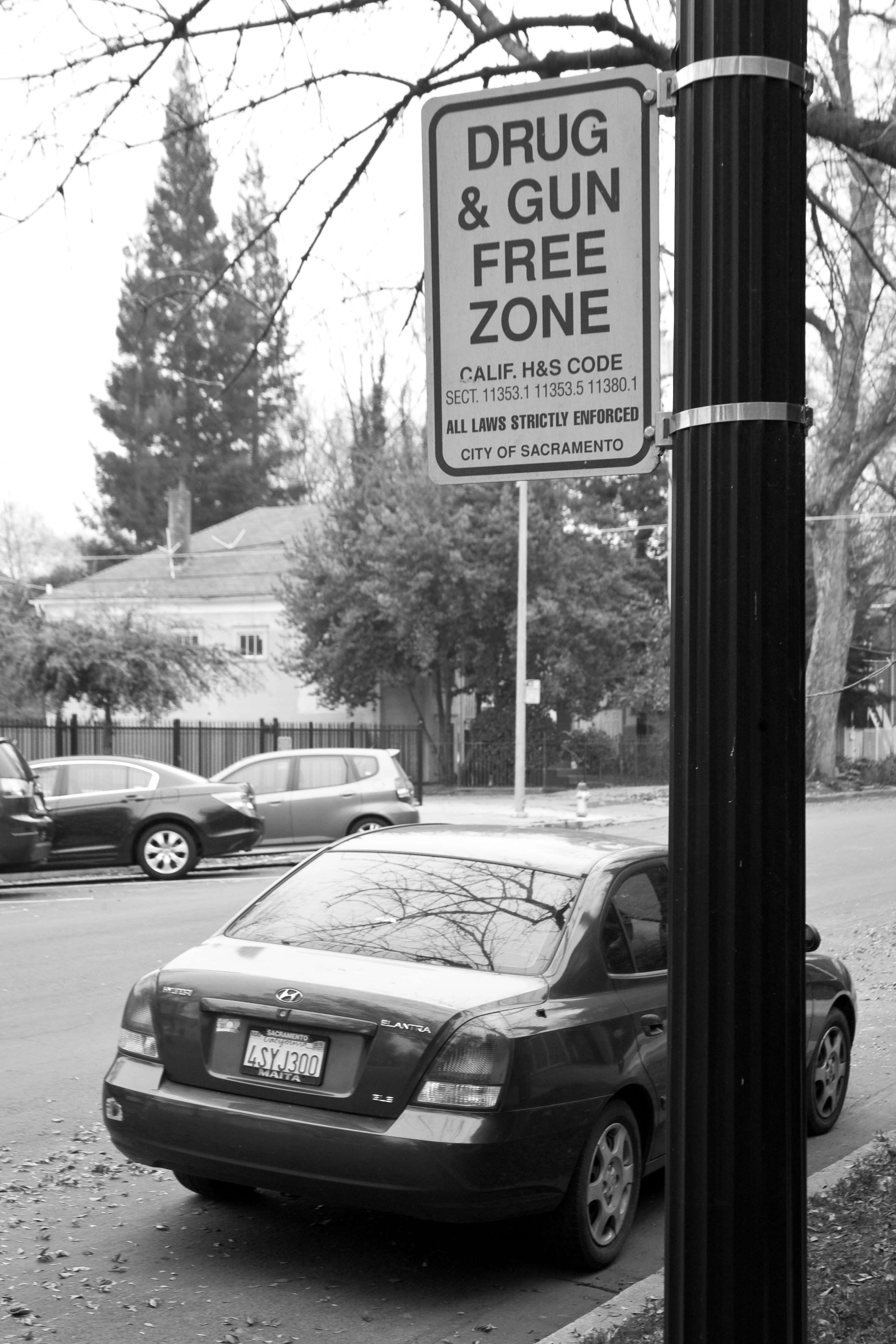Weed & Guns
Medical pot vs. Second Amendment

Rowan Wilson had a Nevada state permit for medical marijuana. When she set out to buy a gun in 2011, she visited the shop of a licensed dealer who knew she had the permit and refused to sell her a firearm. The Bureau of Alcohol Tobacco Firearms and Explosives (ATF), it turns out, considers a medical marijuana permit holder to be an "unlawful user of or addicted to" a "controlled substance" and thus barred from legally purchasing guns.
Wilson thought that policy violated her Second Amendment rights in addition to her Fifth Amendment rights to due process, since it declared her an unlawful user of drugs despite a lack of any evidence beyond the possession of a permit to use medical marijuana. Her 2011 suit challenging the policy, Wilson v. Holder, got hobbled in March when U.S. District Court Judge Gloria Navarro upheld a government motion to dismiss the case.
Navarro's decision relied on a 2011 9th Circuit case U.S. v. Dugan, which denied that the Second Amendment applies to drug users, as they "more likely will have difficulty exercising self-control."
But does having a permit for state-legal medical marijuana offer sufficient evidence that you are a drug user or addict? Navarro's curious reasoning implied that since drug users don't have a "constitutionally protected liberty's interest" in gun possession, Wilson has no procedural rights at issue. In other words, drug addicts have no Second Amendment rights, so it doesn't matter what process we use to decide someone is an addict.
Wilson's lawyer Chaz Rainey says Dugan was about someone "dealing in massive amounts of controlled substances," a situation not analogous to Wilson's mere permit-holding. Wilson intends to appeal the dismissal.


Show Comments (50)